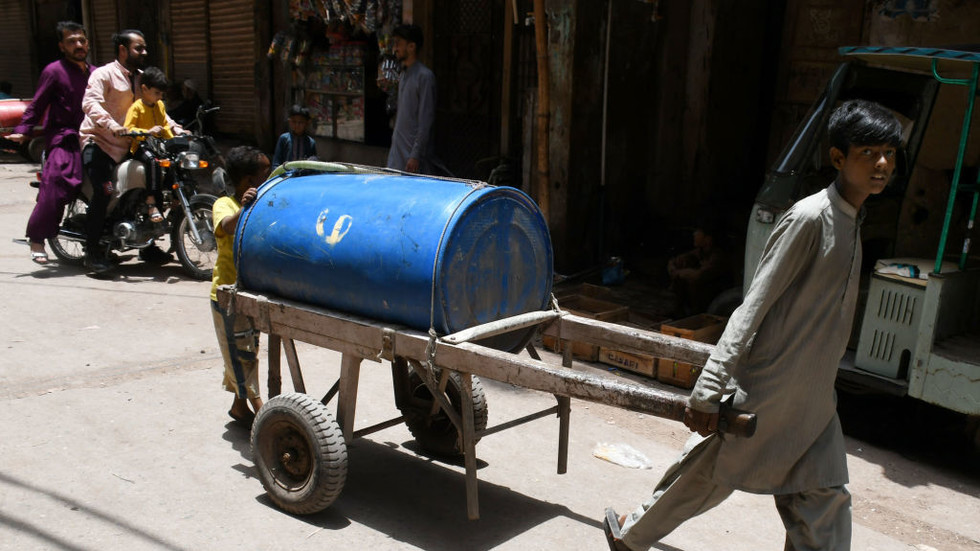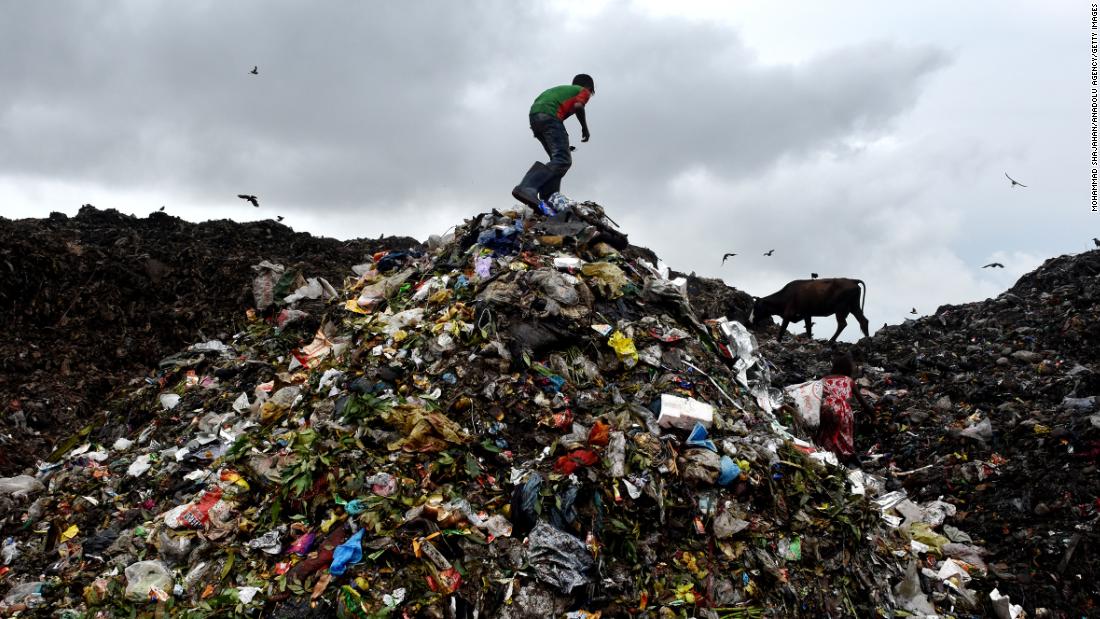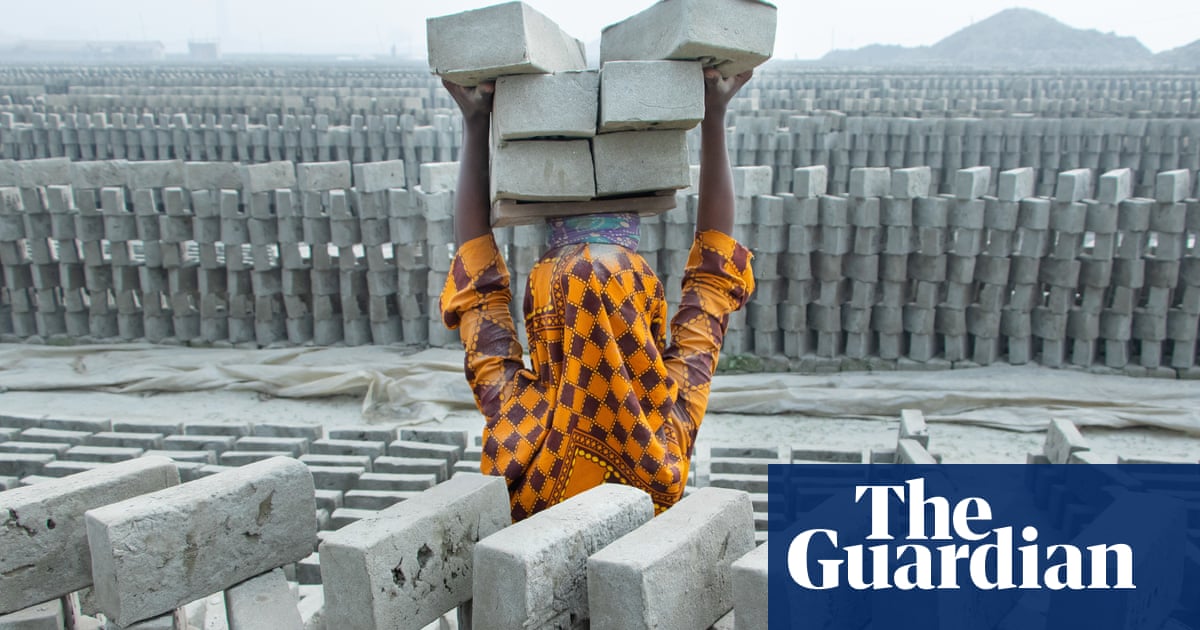The Spin
Establishment-critical narrative
The current report is shameful proof that modern slavery isn't just a poor country issue but is also rampant in the world's richest economies. While consumers should shop responsibly, it's first and foremost up to governments, including in the West, to stop paying lip service and finally put in place the necessary policies and laws to protect the most vulnerable people from forced labor.
Pro-establishment narrative
For all the justified criticism the Index voices, it also notes that an increasing number of countries have introduced laws to combat modern slavery, forcing companies to audit their supply chains. In addition, 137 countries now criminalize human trafficking, and nearly 150 countries introduced action plans on modern slavery. There's still a lot of work to be done, but the international community is on the right track.
Narrative C
The report proves that solar panels have become one of the commodities most at risk of modern slavery. While there's no doubt that the climate crisis must be addressed, the transition from fossil fuels to renewable energy must not proceed at the expense of human rights, in this case, the rights of those at the bottom of the global supply chains for "green" energy products. Policies that ignore this problem aren't sustainable and have no future.



